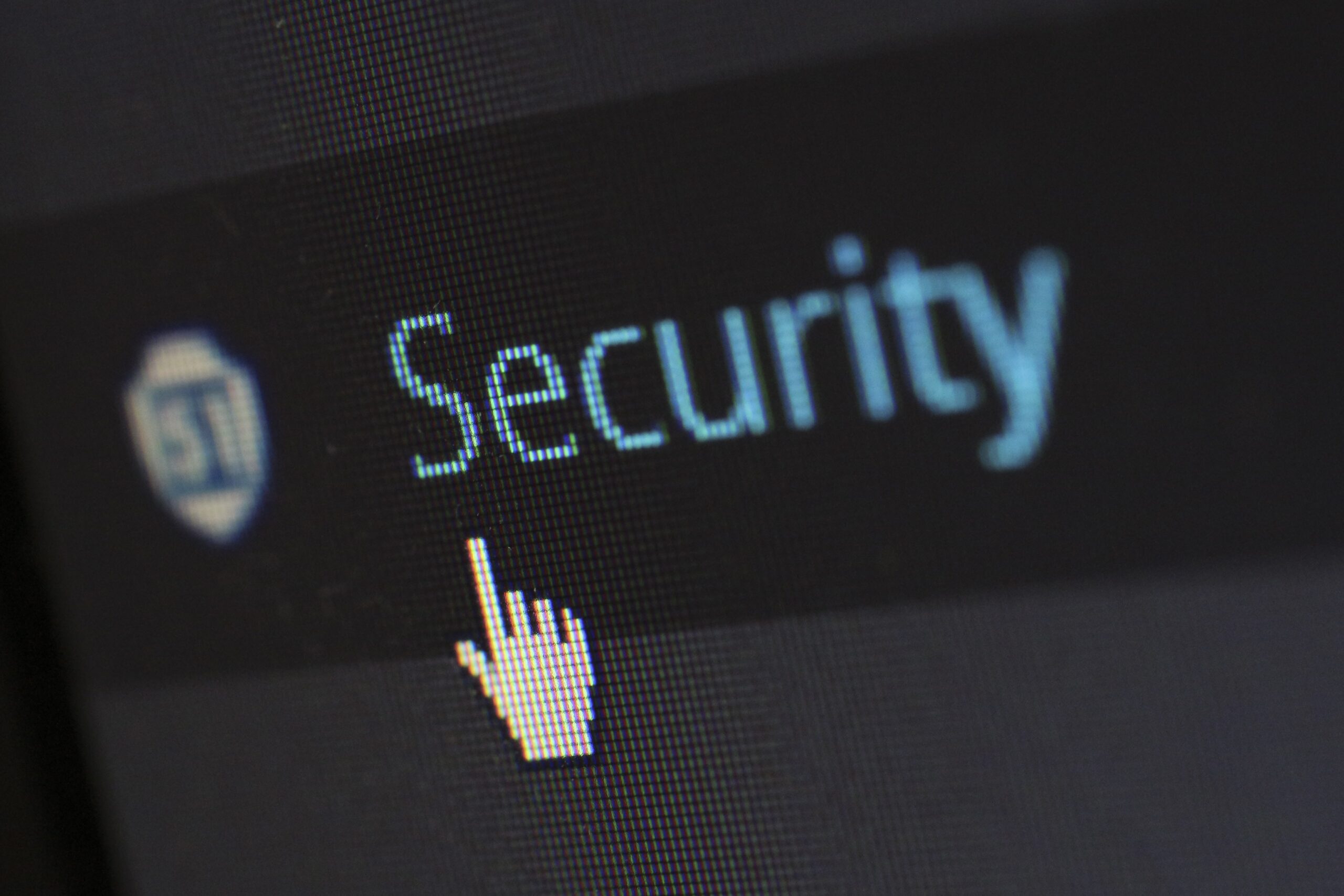What are Security Tokens?
Security tokens are digital analogs of securities that prove ownership and offer owners the right to exercise their investment rights. Security tokens were developed as an alternative to traditional certificates of ownership (the right to shares, dividends, a share of profits, etc.)....

Security tokens are digital analogs of securities that prove ownership and offer owners the right to exercise their investment rights. Security tokens were developed as an alternative to traditional certificates of ownership (the right to shares, dividends, a share of profits, etc.). These rights are encoded in a smart contract, and exchanges are the venues through which the tokens themselves are traded. The distribution of security tokens is conducted in compliance with the legal restrictions of various countries’ financial authorities, such as the Securities and Exchange Commission (SEC) of the United States or the Swiss Financial Market Supervisory Authority (FINMA).
Why are Security Tokens Needed?
Because of the specific characteristics of security tokens, from a legal standpoint, treating them in the same manner as so-called utility tokens is not at all how they are dealt with (utility tokens). The latter are popular among those who conduct ICOs since they represent a way to get access to a product or service offered by a corporation. Security tokens, in contrast to utility tokens, are linked to actual securities; as a result, they are regarded as a form of financial investment. As a result, the organizations that issue security tokens are subject to additional regulatory restrictions, including reporting requirements.
One of the most significant issues with initial coin offerings (ICOs) is the absence of any compensation assurances in the event that the project is not successful or the organizers commit fraud. Security tokens tackle this issue. In addition to this, they perform the function of a risk management instrument for investment strategies such as the Simple Agreement for Future Tokens (SAFT). This model is considered to be more secure because it allows accredited investors to purchase tokens after the launch of the project. Despite this, it is still associated with certain risks because investments are not made directly into tokens, but rather in a promise to receive them at some point in the future.
What advantages does having a security token give you?
The removal of the need for intermediaries such as banks and other organizations is one of the most significant benefits that digital security tokens offer in comparison to more conventional financial products. Because of this, the atmosphere in which business transactions like investing and striking deals are radically transformed.
Stephen McKeon, a professor of finance at the University of Oregon and an advisor to the Harbor project (which has raised $28 million to develop a protocol for issuing and trading security tokens), outlines the following key advantages of this asset class in his article titled “The Security Token Thesis”:
- Entry into several markets 24/7 shared ownership in a fractional form
- Fast trade execution
- decreased transaction costs leading to an increase in market liquidity
- Capability to automate regulatory compliance processes
- Providing a platform for the buying and selling of such assets
- Possibility of establishing a network of interconnected service providers
What are some of the drawbacks of using security tokens?
Many people view the cryptocurrency industry, particularly the initial coin offering (ICO) sector, as a kind of resurrection of the “Wild West,” where the right of the strong and the ability to pull off one scheme or another works. This perception is especially prevalent in the ICO sector. STO, as was indicated earlier, removes much of the ambiguity around this entire process; nevertheless, this also means that the industry is unable to take use of some benefits that were previously available.
A difficult barrier to access. Due to the fact that accredited investors are the only ones allowed to purchase security tokens, this immediately excludes a sizeable portion of the cryptocurrency community, including many members who are careful to adhere to the law.
The issuers will incur greater charges. Despite the fact that there would be a reduction in transaction costs, there will be a huge increase in bureaucratic red tape related with the launch of STO. Due to this, there will be an increase in the fees incurred by attorneys and other experts who contribute to the successful launch of the project. As a result of the significant expenses associated with STOs, they are best suited for businesses that are in their later phases of development (Round A and above).
Where Can You Buy and Sell Security Tokens?
In spite of the fact that this course of action is seen as having a positive outlook, there are currently very few investment opportunities available. Existing significant cryptocurrency platforms, such as Binance, as well as large stock exchanges, such as Nasdaq, have indicated their intentions to engage in this sector, among other things. On the other hand, when 2019 started, there were just a small handful of regulated trading platforms that provided access to such tools.
One of these is the tZero platform, which made its debut in an official capacity in the month of January. KODAKCoin, which was meant to serve the digital image platform KODAKOne, was the first token to be exchanged on tZero when it launched. Using the trustworthy KODAKOne platform, both amateur and professional photographers will be able to sell ownership of their work, earn paid for licensing their work, and partake in the platform’s total revenue if they choose to do so with the use of this token.
